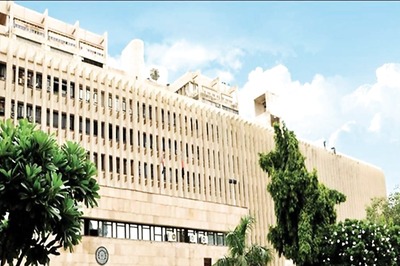
views
The Kerala High Court has issued a stern warning to police officers and courts to remain vigilant against individuals who misuse the Prevention of Children from Sexual Offences (POCSO) Act to settle personal vendettas, following the quashing of a case involving allegations of obscene conduct.
The court, presided over by Justice A Badharudeen, highlighted that the POCSO Act is often exploited in cases involving personal rivalries, including matrimonial disputes where minor children are used as pawns to levy false accusations, thus denying custody to the father.
The case involved the petitioner, accused of making hissing sounds to attract the attention of a minor victim and uttering obscene words while she was sweeping the courtyard of her house. The prosecution alleged that these actions constituted offences under Sections 294(b), dealing with acts of singing, reciting or uttering obscene words, songs etc in public place and 509, providing with word, gesture or act intended to insult the modesty of a woman, of the Indian Penal Code (IPC) and Sections 11(i) and 12 of the POCSO Act, dealing with sexual harassment by uttering words, making sounds or exhibiting object or body part with the intention of it being heard or seen by a minor and its punishment, respectively. The petitioner filed a petition to quash the final report and subsequent proceedings before the Special Court for trial under the POCSO Act.
The petitioner’s counsel argued that the allegations did not prima facie constitute offences under the cited sections. They contended that the courtyard of the victim’s house, where the alleged incident occurred, was not a public place, thus invalidating the charge under Section 294(b) IPC. Furthermore, they asserted that there was no evidence of sexual intent or actions intended to outrage the modesty of the victim, as required under Sections 509 IPC and 11(i) POCSO Act.
Supporting this contention, the court noted that for an offence under Section 294(b) IPC to stand, the act must occur in a public place or near a public place, which was not the case here. Regarding the charges under Sections 509 IPC and 11(i) POCSO Act, the court found no sufficient evidence to suggest that the accused acted with sexual intent or intended to outrage the modesty of the victim. The court also highlighted an existing rivalry between the accused and the victim’s father over road works, suggesting possible ulterior motives behind the allegations.
The court cautioned against the misuse of the POCSO Act stating that “chagrined and frustrated litigants should not be allowed to give vent to their frustration, by cheaply misusing the provisions of penal law. Therefore, the police officers and courts should always be very vigilant, while addressing the allegations, so as to separate husk from the grist.”
The court concluded that the allegations did not prima facie attract the cited penal provisions, and thus the proceedings against the petitioner were quashed.

















Comments
0 comment